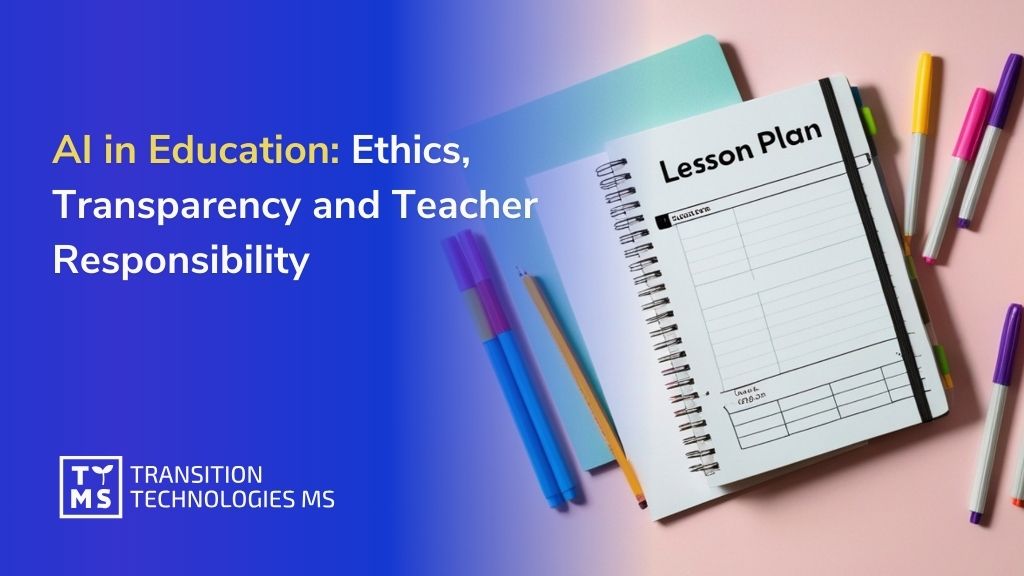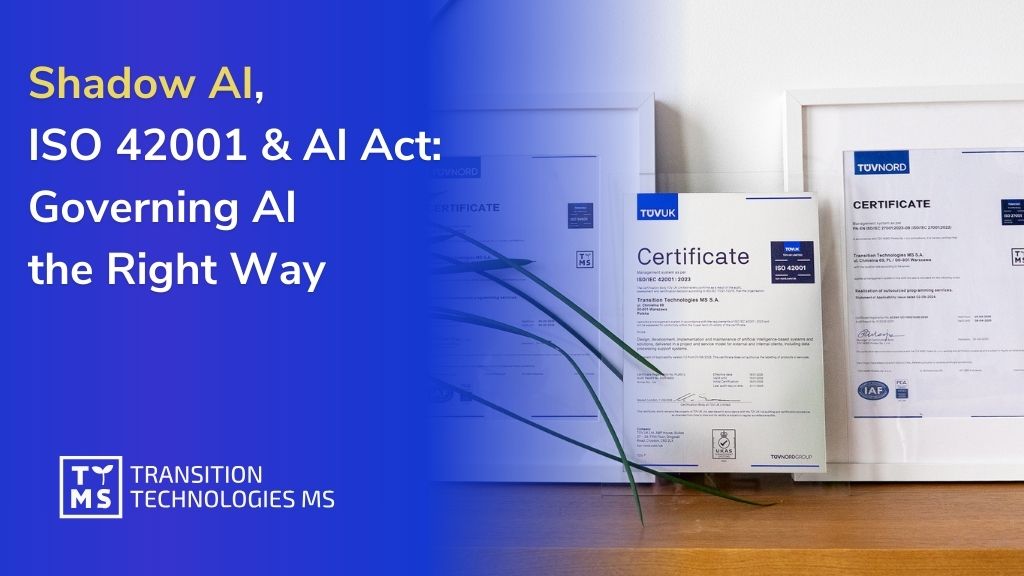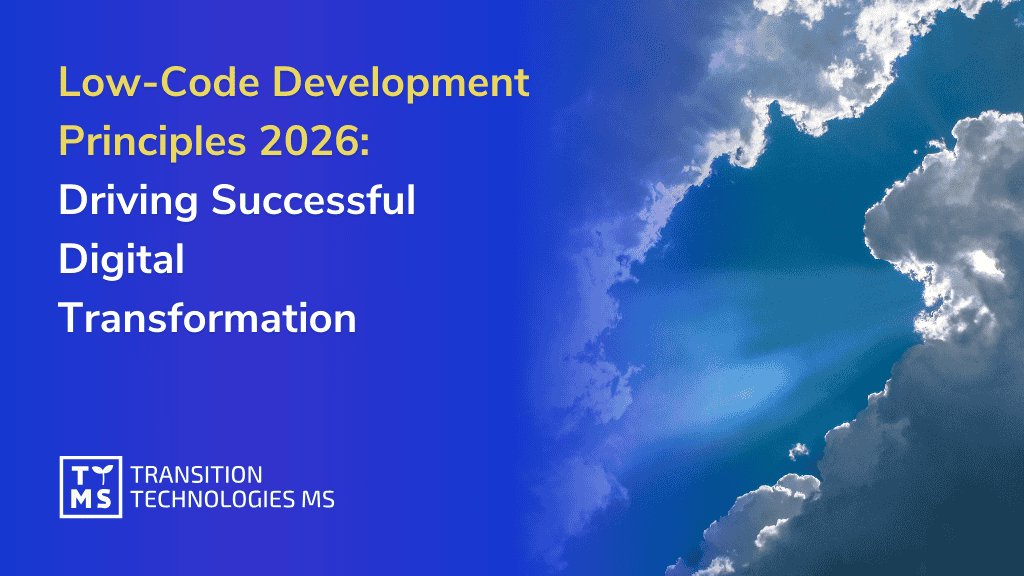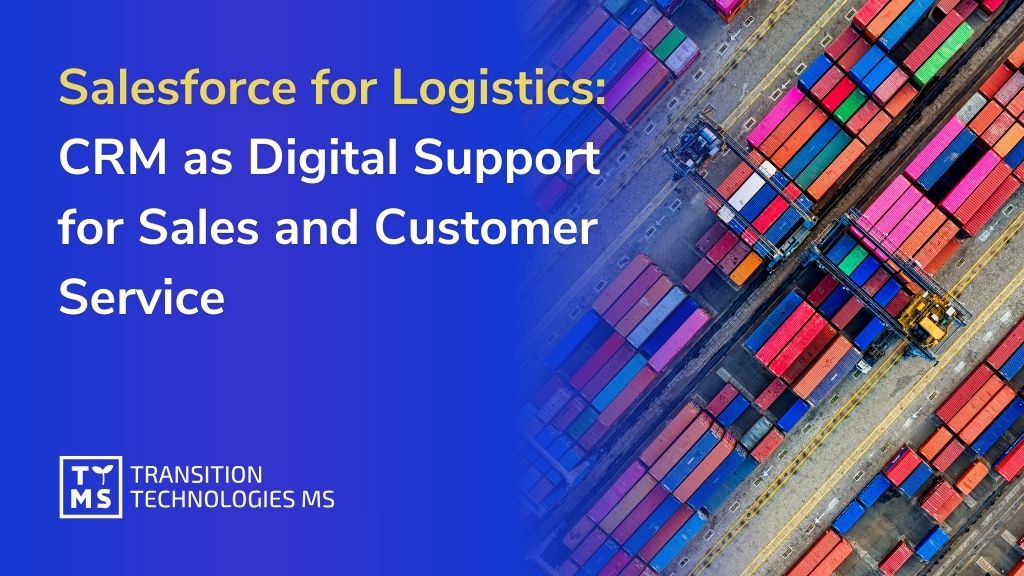
In the fast-paced world of business, staying ahead of the curve is no longer a luxury—it’s a necessity. Enter artificial intelligence (AI), the game-changer that’s reshaping industries across the board. But what happens when this cutting-edge technology meets the often-overlooked realm of procurement? It’s like giving a supercomputer to a master chess player; the results are nothing short of revolutionary. As we dive into the world of AI in procurement, prepare to discover how this powerful combination is not just streamlining processes, but completely transforming the way businesses operate, save money, and make decisions. Whether you’re a procurement professional looking to up your game or a business leader seeking the next big competitive edge, this exploration of AI’s role in procurement promises to be an eye-opening journey into the future of business operations.
1. Introduction to AI in Procurement. Understanding the Basics and The Role of AI in Procurement
Artificial intelligence in procurement is like having a tireless, brilliant assistant who never sleeps and can process vast amounts of data in the blink of an eye. But what exactly does this mean for the procurement world? At its core, AI in procurement refers to the use of advanced algorithms and machine learning techniques to automate, optimize, and enhance various aspects of the procurement process.
The role of AI in procurement is multifaceted and transformative. It’s not just about replacing human tasks; it’s about augmenting human capabilities to create a more efficient, accurate, and strategic procurement function. From analyzing spending patterns to predicting market trends, AI is revolutionizing how procurement teams operate.
One of the primary ways AI for procurement makes its mark is through data analysis. Traditional procurement processes often involve sifting through mountains of data manually—a time-consuming and error-prone task. AI changes this paradigm by quickly processing and analyzing large datasets, uncovering insights that might otherwise remain hidden.
Consider, for example, how AI can transform supplier selection. Instead of relying solely on price comparisons, AI can evaluate a myriad of factors simultaneously—supplier performance history, risk profiles, sustainability practices, and more—to recommend the best supplier for a given need. This level of analysis was previously impossible or impractical due to time and resource constraints.
Moreover, the use of AI in procurement extends to contract management, where natural language processing can review and extract key information from complex legal documents in a fraction of the time it would take a human. This not only speeds up processes but also reduces the risk of overlooking critical contract terms or renewal dates.
Procurement artificial intelligence also plays a crucial role in demand forecasting and inventory management. By analyzing historical data, market trends, and even external factors like weather patterns or economic indicators, AI can predict future demand with remarkable accuracy. This allows businesses to optimize their inventory levels, reducing waste and ensuring they have the right supplies at the right time.
As we delve deeper into the world of AI in procurement, it’s important to understand that this technology isn’t just a futuristic concept—it’s already being implemented by forward-thinking organizations worldwide. The potential for increased efficiency, cost savings, and strategic decision-making is immense, making AI an indispensable tool in the modern procurement toolkit.

2. The Strategic Advantages of Implementing AI in Procurement
2.1 Enhanced Data-Driven Decision Making and Insights
In the realm of procurement, data is king. The implementation of AI brings a new level of sophistication to data analysis, enabling procurement teams to make more informed, strategic decisions. Procurement intelligence, powered by AI, transforms raw data into actionable insights, giving businesses a competitive edge in their purchasing strategies.
65% of procurement leaders are adopting AI to enhance efficiency and decision-making. This statistic underscores the growing recognition of AI’s potential to revolutionize procurement processes. By leveraging machine learning algorithms, AI can identify patterns and trends in purchasing data that might be invisible to the human eye, leading to more accurate demand forecasting and strategic sourcing decisions.
Moreover, AI-driven analytics can provide real-time market intelligence, allowing procurement teams to stay ahead of market fluctuations and make timely decisions. This level of insight is crucial in today’s fast-paced business environment, where agility and responsiveness can make or break a company’s success.
2.2 Significant Cost Reductions through Automated Systems
One of the most compelling advantages of AI in procurement is its potential for substantial cost savings. Automated procurement systems can dramatically reduce operational costs by streamlining processes and eliminating inefficiencies. In fact, 30% lower costs can be achieved through AI-powered procurement.
These cost reductions come from various sources. Automation procurement eliminates many manual, time-consuming tasks, reducing labor costs and freeing up staff for more strategic work. AI can also optimize supplier selection and negotiation processes, ensuring that businesses always get the best value for their purchases.
Furthermore, AI-powered spend analysis can identify areas of unnecessary expenditure or opportunities for consolidation, leading to significant savings. By automating routine tasks and providing deeper insights into spending patterns, AI enables procurement teams to focus on strategic initiatives that drive value for the organization.
2.3 Increased Operational Efficiency with Smart Automation
Efficiency is at the heart of successful procurement operations, and AI is a game-changer in this regard. 40% faster transactions in procurement processes are achievable due to AI integration. This dramatic increase in speed is made possible by automating time-consuming tasks such as purchase order creation, invoice processing, and contract management.
Smart automation goes beyond simple rule-based systems. AI-powered procurement solutions can learn from past transactions and adapt to changing conditions, continuously improving their performance over time. This leads to fewer errors, faster processing times, and more consistent outcomes across the procurement function.
Moreover, automation procurement can handle complex tasks like supplier performance evaluation and risk assessment with greater accuracy and speed than manual methods. This not only improves efficiency but also enhances the quality of procurement decisions.
AI can significantly accelerate procurement processes, with companies like Unilever serving as a prime example. By implementing AI-driven supplier management and demand forecasting tools, Unilever reduced supply chain disruptions and improved its agility in responding to market changes. This technology enabled the company to optimize inventory and procurement, ensuring faster, data-driven decisions that reduced operational inefficiencies. Such use of AI in procurement led to substantial cost savings and risk mitigation across Unilever’s global supply chain.

3. Risk Mitigation via Predictive Analysis and Anomaly Detection
In today’s complex global supply chains, risk management is a critical aspect of procurement. AI excels in this area by leveraging predictive analysis and anomaly detection to identify potential risks before they materialize. This proactive approach to risk management can save companies millions in potential losses and disruptions.
AI algorithms can analyze vast amounts of data from various sources to predict supply chain disruptions, supplier financial instability, or compliance issues. By detecting anomalies in supplier behavior or market conditions, AI can alert procurement teams to potential risks that might otherwise go unnoticed.
Furthermore, AI can assist in developing contingency plans and alternative sourcing strategies, ensuring business continuity even in the face of unexpected challenges. This level of risk mitigation is increasingly crucial in a world where supply chain disruptions can have far-reaching consequences.
64% of procurement leaders believe AI will revolutionize their operations within the next five years. This widespread belief in AI’s transformative potential is a testament to its ability to enhance decision-making, reduce costs, increase efficiency, and mitigate risks in procurement operations. As AI technology continues to evolve, its strategic advantages in procurement are likely to become even more pronounced, making it an essential tool for forward-thinking organizations.
4. AI Technologies Transforming Procurement
The landscape of procurement is undergoing a radical transformation, thanks to the integration of cutting-edge AI technologies. From spend analysis to supplier management, AI is reshaping every aspect of the procurement process. Let’s explore the key AI technologies that are revolutionizing the field.
4.1 Machine Learning for Spend Classification and Predictive Analytics

Machine learning, a subset of AI, is making waves in procurement, particularly in spend classification and predictive analytics. AI sourcing tools powered by machine learning algorithms can automatically categorize and analyze vast amounts of spend data with unprecedented accuracy and speed.
These AI systems learn from historical data patterns to classify expenses into appropriate categories, providing procurement teams with a clear, detailed view of organizational spending. This granular insight is crucial for identifying cost-saving opportunities and optimizing procurement strategies.
Moreover, machine learning excels in predictive analytics. By analyzing historical data and market trends, AI can forecast future spend patterns, demand fluctuations, and even potential supply chain disruptions. This predictive capability allows procurement teams to be proactive rather than reactive, enabling them to make data-driven decisions that align with long-term business objectives.
4.2 Natural Language Processing for Contract Lifecycle Management
Natural Language Processing (NLP) is another AI technology that’s transforming procurement, particularly in the realm of contract lifecycle management. NLP enables AI systems to understand, interpret, and generate human language, making it invaluable for managing complex legal documents.
Procure AI systems equipped with NLP can quickly analyze contracts, extracting key information such as renewal dates, payment terms, and compliance requirements. This not only saves time but also reduces the risk of human error in contract management.
Furthermore, NLP-powered AI can assist in contract creation by suggesting clauses based on organizational policies and industry best practices. This ensures consistency across contracts and helps mitigate legal risks. The ability of NLP to understand context and nuance in language also makes it useful for analyzing supplier communications and market reports, providing procurement teams with valuable insights.

4.3 AI for Data and Risk Management
In the data-rich environment of procurement, AI shines in its ability to process and analyze vast amounts of information for effective risk management. AI suppliers are developing sophisticated systems that can sift through diverse data sources – from financial reports to news articles – to assess supplier risk.
These AI systems can identify potential red flags such as financial instability, compliance issues, or geopolitical risks that might affect the supply chain. By continuously monitoring and analyzing data, AI can provide real-time risk assessments, allowing procurement teams to take preemptive action to mitigate potential disruptions.
Moreover, AI’s data management capabilities extend to ensuring data quality and consistency across procurement systems. AI can automatically clean and standardize data, ensuring that procurement decisions are based on accurate, up-to-date information.
4.4 AI-Driven Automation for Supplier and Operational Efficiency
AI-driven automation is perhaps the most visible way in which AI is transforming procurement. Procurity AI systems are streamlining various operational aspects of procurement, from purchase order creation to invoice processing.
In supplier management, AI can automate the supplier onboarding process, perform initial screenings, and even conduct preliminary negotiations. AI-powered chatbots can handle routine supplier inquiries, freeing up procurement staff for more strategic tasks.
On the operational side, AI can automate routine tasks like data entry, report generation, and approval workflows. This not only increases efficiency but also reduces the likelihood of human error. AI can also optimize inventory management by automatically adjusting stock levels based on demand forecasts and supply chain conditions.
Perhaps most impressively, AI can enhance strategic sourcing by analyzing market conditions, supplier performance, and organizational needs to recommend the most suitable suppliers for specific requirements. This level of automation and intelligence in supplier selection can lead to significant cost savings and improved supplier relationships.
In conclusion, these AI technologies are not just enhancing existing procurement processes; they’re fundamentally changing how procurement operates. From machine learning and NLP to advanced data analytics and automation, AI is enabling procurement teams to work smarter, faster, and more strategically. As these technologies continue to evolve, we can expect even more transformative applications of AI in procurement, further cementing its role as a critical business function.

5. Challenges and Considerations in AI Adoption for Procurement
While the benefits of AI in procurement are substantial, the path to successful implementation is not without its challenges. Organizations must navigate several hurdles to fully leverage the power of AI in their procurement processes. Let’s explore some of the key challenges and considerations that procurement teams face when adopting AI technologies.
5.1 Data Quality and Integration Issues
The effectiveness of AI systems heavily relies on the quality and quantity of data they can access. In procurement, this presents a significant challenge due to the often fragmented and inconsistent nature of procurement data across different systems and departments.
Many organizations struggle with data silos, where information is trapped in disparate systems that don’t communicate with each other. This lack of integration can severely limit the AI’s ability to provide comprehensive insights and accurate predictions. Moreover, historical procurement data may be incomplete, inaccurate, or inconsistent, further complicating the AI’s learning process.
To address these issues, organizations need to invest in data cleansing and integration efforts. This might involve:
- Implementing data governance policies to ensure consistency and accuracy
- Developing data integration strategies to connect disparate systems
- Investing in data quality tools to clean and standardize existing data
- Creating processes for ongoing data maintenance and validation
Only with high-quality, integrated data can AI systems deliver the insights and efficiencies they promise in procurement.

5.2 The Necessity of Change Management for Successful Implementation
Introducing AI into procurement processes represents a significant change in how teams operate. This shift can often face resistance from employees who may fear job displacement or struggle to adapt to new technologies. Successful AI adoption, therefore, requires a well-planned change management strategy.
Key elements of an effective change management approach include:
- Clear communication about the benefits and impact of AI
- Involvement of procurement staff in the implementation process
- Gradual introduction of AI tools to allow for adjustment
- Continuous feedback loops to address concerns and refine processes
Leadership must champion the AI initiative, demonstrating its value and providing the necessary support for teams to embrace the change. Without proper change management, even the most sophisticated AI systems may fail to deliver their full potential due to low user adoption or misuse.
5.3 Bridging the Skills Gap: Training Teams to Leverage AI Tools
The introduction of AI in procurement creates a need for new skill sets within procurement teams. Many professionals may lack the technical knowledge to effectively use AI tools or interpret their outputs. This skills gap can hinder the successful adoption and utilization of AI technologies.
To bridge this gap, organizations should focus on:
- Developing comprehensive training programs on AI tools and their applications in procurement
- Encouraging a culture of continuous learning and adaptation to new technologies
- Hiring or developing data scientists and AI specialists within the procurement function
- Creating cross-functional teams that blend procurement expertise with technical knowledge
By investing in their team’s skills, organizations can ensure that their AI investments translate into tangible improvements in procurement performance.

5.4 Mitigating Ethical and Privacy Concerns with Transparent AI Use
As AI becomes more prevalent in procurement decisions, ethical and privacy concerns come to the forefront. There are valid concerns about data privacy, algorithmic bias, and the transparency of AI-driven decision-making processes.
To address these concerns, organizations should:
Develop clear policies on data usage and AI decision-making
Ensure compliance with data protection regulations like GDPR
Implement explainable AI models that can provide rationales for their decisions
Regularly audit AI systems for potential biases or unintended consequences
Transparency is key in building trust in AI systems, both within the organization and with external stakeholders like suppliers. By being open about how AI is used in procurement processes and decisions, organizations can mitigate concerns and foster acceptance of these technologies.
In conclusion, while the challenges of AI adoption in procurement are significant, they are not insurmountable. By addressing data quality issues, implementing effective change management strategies, investing in skills development, and ensuring ethical and transparent AI use, organizations can successfully navigate these challenges. The result will be a more efficient, data-driven procurement function that delivers substantial value to the business.
6. Common Misconceptions About AI in Procurement Debunked
As AI continues to make inroads into the procurement sector, several misconceptions have emerged that can hinder its adoption and effective implementation. Let’s address some of these common myths and set the record straight.
6.1 AI as a Supplement to, Not a Replacement for, Human Expertise
One of the most pervasive misconceptions about AI in procurement is that it will replace human workers entirely. This fear often leads to resistance against AI adoption within organizations. However, the reality is quite different.
AI is designed to augment human capabilities, not replace them. While AI excels at processing vast amounts of data, identifying patterns, and performing repetitive tasks with high accuracy, it lacks the nuanced understanding and strategic thinking that human procurement professionals bring to the table.
For instance, AI can quickly analyze supplier performance data and flag potential issues, but it takes human expertise to interpret these findings in the context of broader business goals and relationships. AI can provide recommendations, but humans are still needed to make final decisions, especially in complex negotiations or when dealing with unique procurement challenges.
Moreover, the implementation of AI often leads to the creation of new roles within procurement teams. These roles focus on managing AI systems, interpreting their outputs, and translating insights into strategic actions. Far from replacing humans, AI is creating opportunities for procurement professionals to upskill and focus on higher-value, strategic activities.

6.2 Costs versus Return on Investment: The Realities of Implementing AI
Another common misconception is that implementing AI in procurement is prohibitively expensive, especially for smaller organizations. While it’s true that AI implementation does require initial investment, it’s crucial to consider the long-term return on investment (ROI).
The costs associated with AI implementation include:
- Software and hardware infrastructure
- Data preparation and integration
- Staff training and change management
- Ongoing maintenance and updates
However, these costs should be weighed against the potential benefits:
- Significant time savings through process automation
- Cost reductions through improved supplier selection and negotiation
- Risk mitigation through better predictive analytics
- Enhanced decision-making capabilities leading to strategic advantages
Many organizations find that the ROI of AI in procurement far outweighs the initial costs. For example, AI-driven spend analysis can uncover savings opportunities that quickly offset implementation costs. Additionally, as AI technologies become more accessible, there are now solutions available at various price points, making AI adoption feasible for organizations of different sizes and budgets.
6.3 Overcoming Transparency Hurdles with Stakeholder Education
A persistent concern about AI in procurement is the perceived lack of transparency in AI-driven decision-making processes. This “black box” perception can lead to mistrust and reluctance to rely on AI-generated insights.
However, this misconception stems largely from a lack of understanding about how AI works. Modern AI systems, especially those designed for business applications, often include features that provide explanations for their recommendations or decisions.
To overcome this transparency hurdle:
- Educate stakeholders about the basics of AI and machine learning
- Choose AI solutions that offer explainable AI features
- Implement a gradual rollout of AI tools, allowing users to compare AI-driven insights with traditional methods
- Encourage feedback and questions from users to address concerns proactively
It’s also important to emphasize that AI doesn’t make decisions in isolation. Human oversight and input are crucial parts of the process. By involving stakeholders in the AI implementation journey and providing clear explanations of how AI arrives at its conclusions, organizations can build trust and acceptance of AI tools in procurement.
In conclusion, debunking these common misconceptions is crucial for the successful adoption of AI in procurement. By understanding that AI complements human expertise, offers significant ROI potential, and can be made transparent through proper education and implementation strategies, organizations can fully leverage the power of AI to transform their procurement processes. As the technology continues to evolve, staying informed and open-minded will be key to harnessing its benefits while addressing legitimate concerns.

7. Concluding Thoughts on Leveraging AI for Transformational Growth in Procurement
As we’ve explored throughout this article, the integration of AI in procurement is not just a trend—it’s a transformative force that’s reshaping the entire landscape of business operations. The potential for AI to drive efficiency, reduce costs, and enhance decision-making in procurement is immense, and forward-thinking organizations are already reaping the benefits.
7.1 Summarizing the Path to Successful Adoption of AI Technologies
The journey to successfully leveraging AI in procurement involves several key steps:
- Data Preparation: Ensuring high-quality, integrated data is crucial for AI systems to function effectively.
- Strategic Planning: Identifying specific areas where AI can add the most value to your procurement processes.
- Change Management: Preparing your team for the integration of AI through clear communication and training.
- Gradual Implementation: Starting with pilot projects and scaling up as you gain experience and confidence.
- Continuous Learning: Staying updated on AI advancements and continuously refining your AI strategies.
- Ethical Considerations: Ensuring transparent and responsible use of AI in decision-making processes.
By following this path, organizations can navigate the challenges of AI adoption and unlock its full potential in procurement. The rewards of this journey are substantial. In fact, AI technologies could boost the profitability of companies by about 38% by 2035, according to Accenture. This staggering figure underscores the transformative power of AI in driving business growth.
7.2 Calls to Action for Industry Leaders: Navigating the Future Together
As we stand on the brink of this AI-driven revolution in procurement, industry leaders have a crucial role to play. Here are some calls to action for those at the forefront of procurement:
- Embrace Innovation: Don’t shy away from AI technologies. Be bold in exploring and adopting AI solutions that can drive your procurement processes forward.
- Invest in Skills Development: Prioritize training and upskilling your procurement team to work effectively with AI technologies.
- Collaborate and Share Knowledge: Engage with peers, attend industry conferences, and participate in AI-focused procurement forums to share experiences and learn from others.
- Champion Ethical AI Use: Lead by example in implementing transparent and responsible AI practices in your procurement operations.
- Stay Agile: The AI landscape is evolving rapidly. Maintain flexibility in your strategies and be ready to adapt to new AI advancements.
- Measure and Communicate Impact: Regularly assess the impact of AI on your procurement processes and communicate these results to stakeholders to build support for ongoing AI initiatives.
By taking these actions, industry leaders can not only transform their own procurement operations but also contribute to the broader advancement of AI in the field. The future of procurement is undoubtedly intertwined with AI, and those who embrace this technology today will be best positioned to thrive in the business landscape of tomorrow.
As we navigate this exciting future together, remember that AI is not just a tool, but a partner in our procurement journey. By harnessing its power responsibly and strategically, we can unlock new levels of efficiency, innovation, and value creation in procurement. The AI revolution in procurement is here, and the opportunities it presents are limitless. Are you ready to lead the charge?

8. How TTMS can help you integrate AI for procurement in your company?
As the landscape of procurement continues to evolve with the integration of AI technologies, many companies find themselves seeking expert guidance to navigate this complex transition. This is where TTMS (Transition Technologies MS) steps in, offering a wealth of experience and innovative solutions to help businesses seamlessly incorporate AI into their procurement processes.
TTMS, a global IT company renowned for delivering cutting-edge IT solutions for businesses and providing top-tier outsourcing services, is uniquely positioned to assist companies in their AI procurement journey. With a deep understanding of both the technological aspects of AI and the intricacies of procurement processes, TTMS offers a comprehensive approach to AI integration that can transform your procurement operations.
Here’s how TTMS can help your company harness the power of AI in procurement:
- Customized AI Solutions: TTMS recognizes that every company’s procurement needs are unique. Their team of experts works closely with your organization to develop tailored AI solutions that address your specific challenges and align with your business goals.
- Seamless Integration: With extensive experience in IT solutions, TTMS ensures that AI technologies are seamlessly integrated into your existing procurement systems, minimizing disruption and maximizing efficiency.
- Data Management and Analytics: TTMS can help you overcome one of the biggest hurdles in AI adoption – data quality and integration. Their expertise in data management ensures that your AI systems have access to clean, integrated data for accurate insights and predictions.
- Training and Support: TTMS doesn’t just implement AI solutions; they provide comprehensive training to your procurement team, ensuring they’re equipped to leverage these new tools effectively. Ongoing support is also available to address any issues and optimize system performance.
- Change Management Assistance: Recognizing that AI adoption often requires significant organizational change, TTMS offers change management support to help your team embrace new technologies and processes.
- Scalable Solutions: As your business grows and evolves, so too should your AI capabilities. TTMS provides scalable solutions that can adapt to your changing needs, ensuring long-term value from your AI investment.
- Ethical AI Implementation: TTMS is committed to responsible AI use. They can help you implement AI systems that are transparent, fair, and aligned with ethical guidelines, addressing potential concerns about AI decision-making in procurement.
- Continuous Innovation: The field of AI is rapidly evolving, and TTMS stays at the forefront of these advancements. By partnering with TTMS, you gain access to the latest AI technologies and strategies in procurement.
By leveraging TTMS’s expertise, your company can navigate the complexities of AI integration in procurement with confidence. Whether you’re just starting your AI journey or looking to enhance your existing AI capabilities, TTMS has the knowledge, experience, and innovative solutions to help you succeed.
Remember, the future of procurement is AI-driven, and with TTMS as your partner, you can ensure that your company is not just keeping pace, but leading the way in this new era of intelligent procurement. Take the first step towards transforming your procurement processes – reach out to TTMS today and discover how AI can revolutionize your procurement operations.
See our Case Studies and learn about the challenges we faced when implementing AI with our clients:
What is AI’s role in procurement, and how does it benefit businesses?
AI in procurement refers to using advanced algorithms and machine learning to automate and optimize procurement tasks. It helps businesses by analyzing vast amounts of data in real-time, allowing for more accurate decision-making, demand forecasting, and supplier management. These AI-driven insights can reduce human error, improve efficiency, and enhance overall procurement strategy, leading to cost savings and better resource allocation.
How does AI enhance supplier selection in procurement processes?
AI can evaluate multiple factors simultaneously—such as supplier performance, risk profiles, and sustainability practices—when selecting suppliers. This detailed analysis surpasses traditional methods that primarily focus on price, providing businesses with the most strategic and reliable supplier options. AI ensures that procurement decisions are more data-driven, helping organizations avoid costly mistakes and ensuring they partner with suppliers who best fit their needs.
What are the cost savings potential when using AI in procurement?
AI-driven procurement systems can reduce costs by up to 30% by automating tasks that were traditionally manual and time-consuming, such as purchase order creation and invoice processing. AI helps identify inefficiencies, reduce unnecessary expenditures, and optimize supplier negotiations. By providing insights into spending patterns and consolidating purchases, AI also allows businesses to streamline processes, making procurement more cost-effective.
How does AI improve risk management in procurement?
AI enhances risk management by using predictive analysis and anomaly detection to forecast potential supply chain disruptions, financial instability, or compliance issues before they occur. It continuously monitors vast datasets, alerting procurement teams to risks that would be difficult to identify manually. This proactive risk mitigation approach helps companies avoid significant financial losses and ensure business continuity.
What challenges do companies face when adopting AI in procurement?
Common challenges in AI adoption include poor data quality, resistance to change, and a lack of technical expertise within teams. AI systems rely on high-quality, integrated data to function effectively, so organizations often need to address data silos and inconsistencies. Furthermore, successful implementation requires a change management strategy and comprehensive training to ensure employees can effectively use AI tools. Lastly, organizations must ensure ethical AI use to maintain transparency and trust in AI-driven decisions.
How can AI optimize the supply chain?
AI optimizes the supply chain by enabling better demand forecasting, predictive inventory management, and real-time tracking. By analyzing historical data and external factors like market trends or weather, AI can predict demand fluctuations, reducing overstock or stockouts. AI also improves visibility across the supply chain, helping companies react faster to disruptions, enhancing supplier coordination, and maintaining more efficient production and distribution systems.
What are the ways AI is used in purchasing?
AI is revolutionizing purchasing through automation, spend analysis, and enhanced decision-making. Automated systems handle routine tasks like purchase order creation and invoice processing, reducing human intervention and speeding up the workflow. AI can also analyze spending data to identify opportunities for cost savings, optimize supplier negotiations, and help make strategic purchasing decisions based on real-time insights and market conditions.
Can Artificial Intelligence be used for sourcing suppliers?
Yes, AI can be highly effective for sourcing suppliers. AI algorithms can analyze a wide range of factors beyond just price, such as supplier performance, risk profiles, and sustainability criteria, to recommend the most suitable suppliers. It streamlines the sourcing process by quickly evaluating multiple options and offering insights based on data-driven analysis, ensuring procurement teams select reliable, cost-effective, and strategically aligned suppliers.






